Top tips for the new pros from the most experienced
'Show respect but not too much' says De Gendt
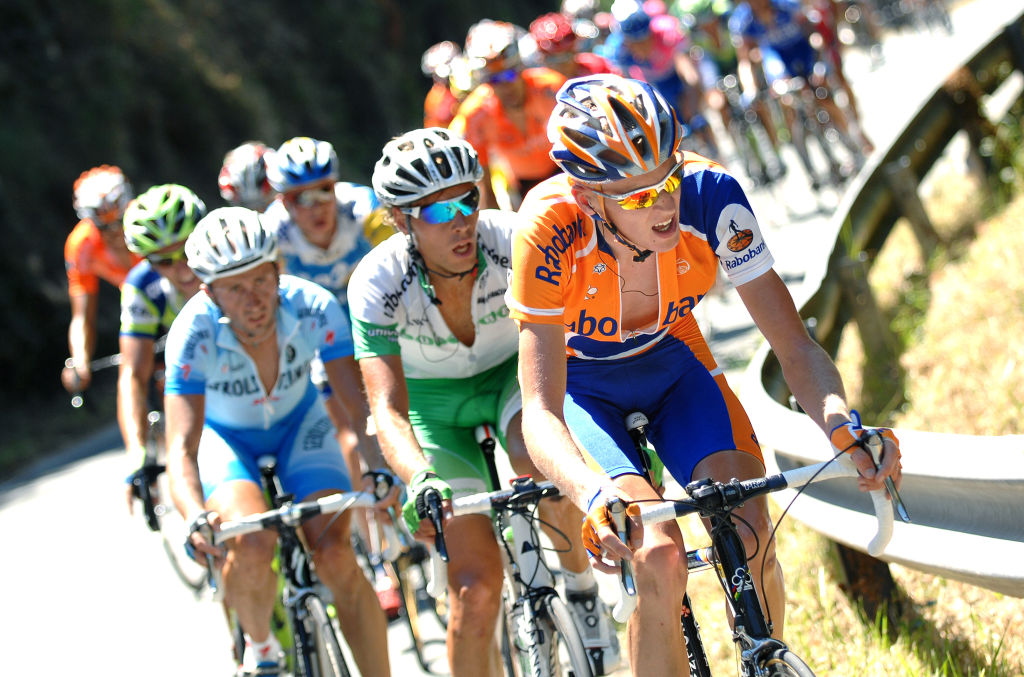
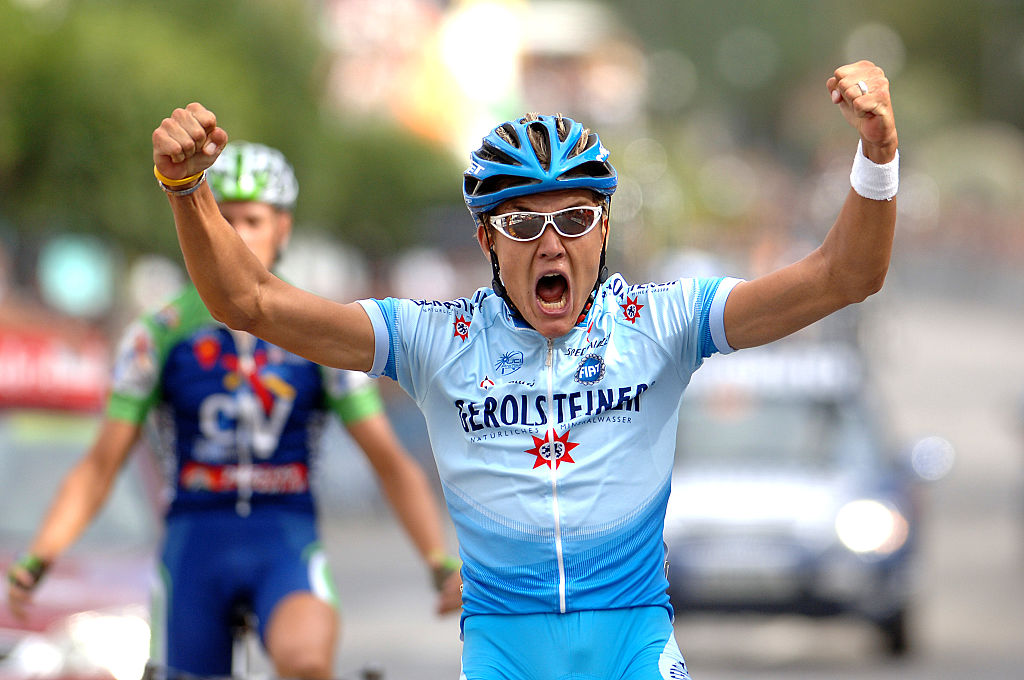
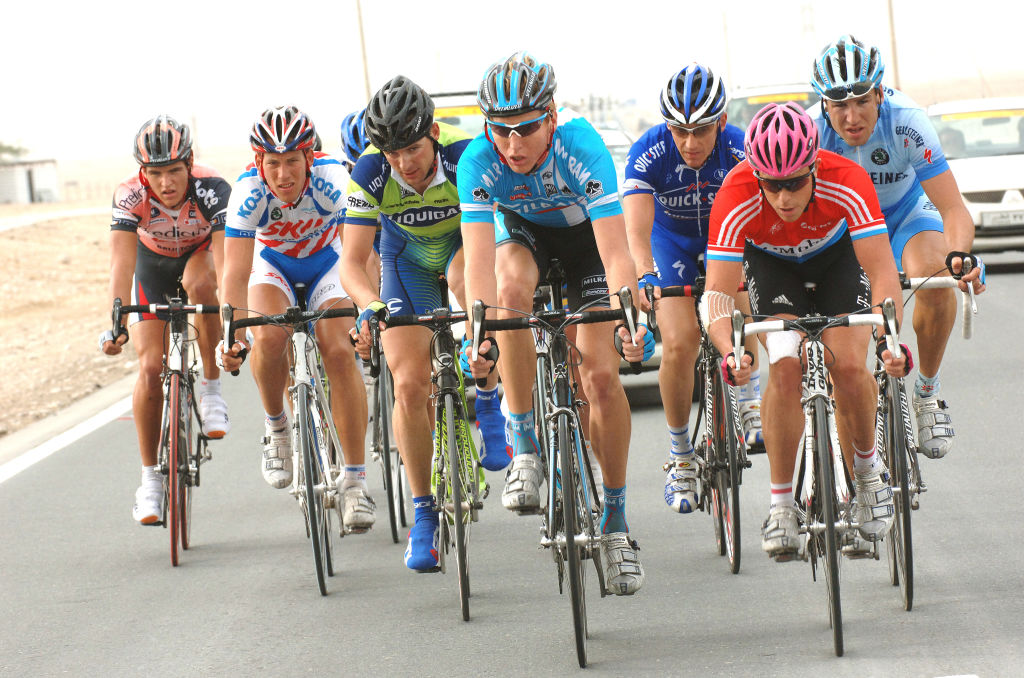
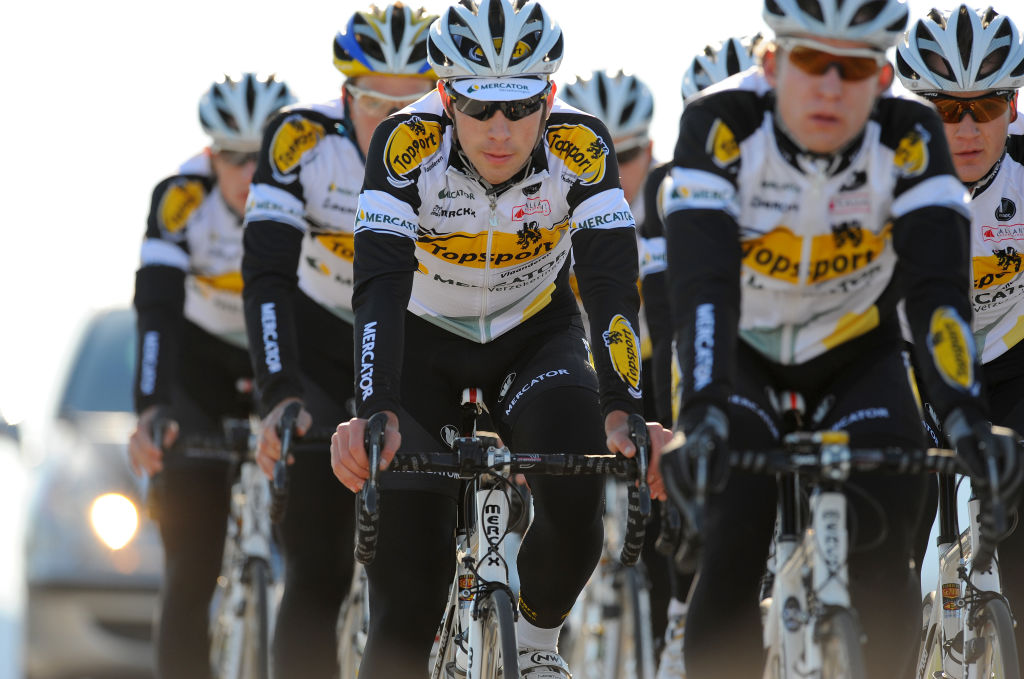
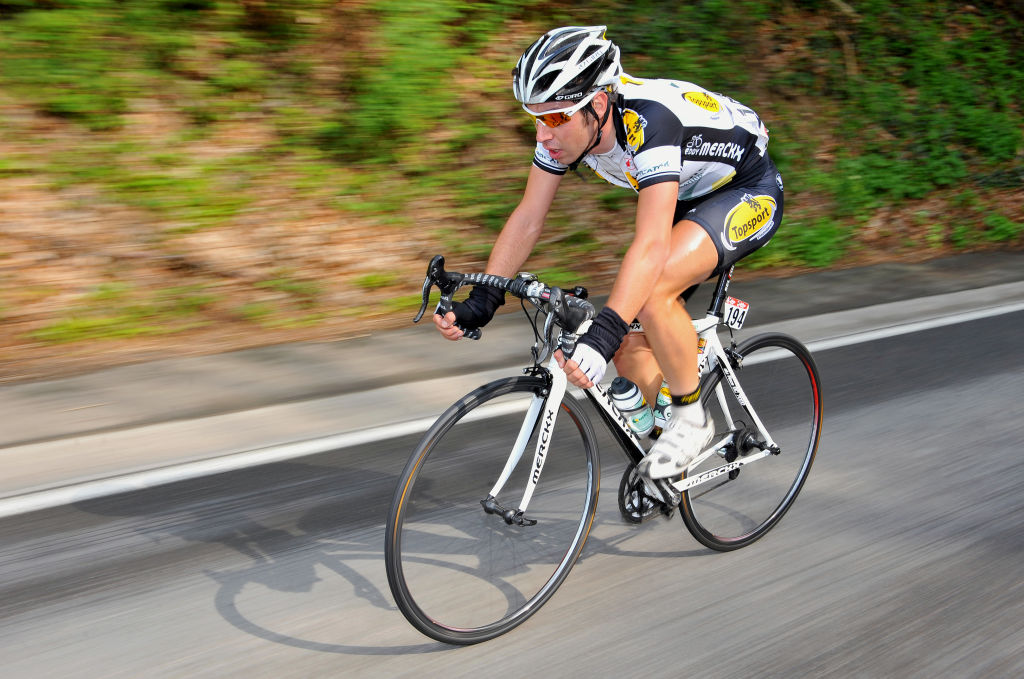
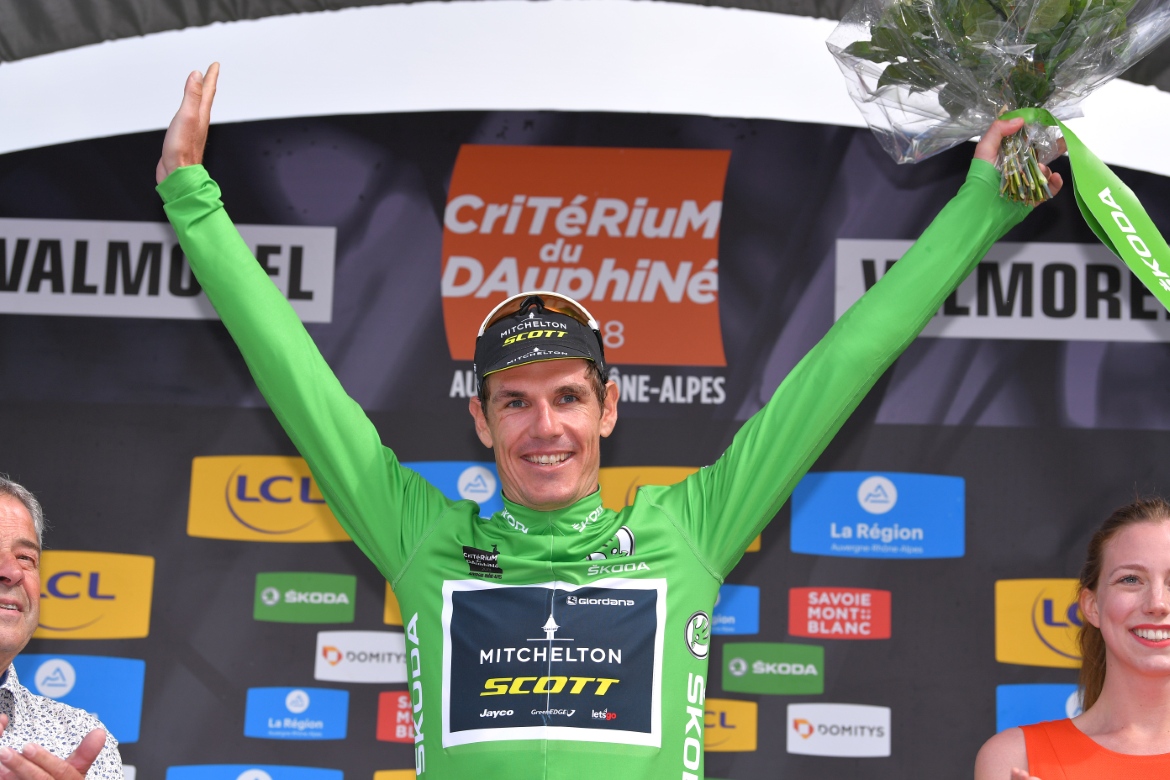
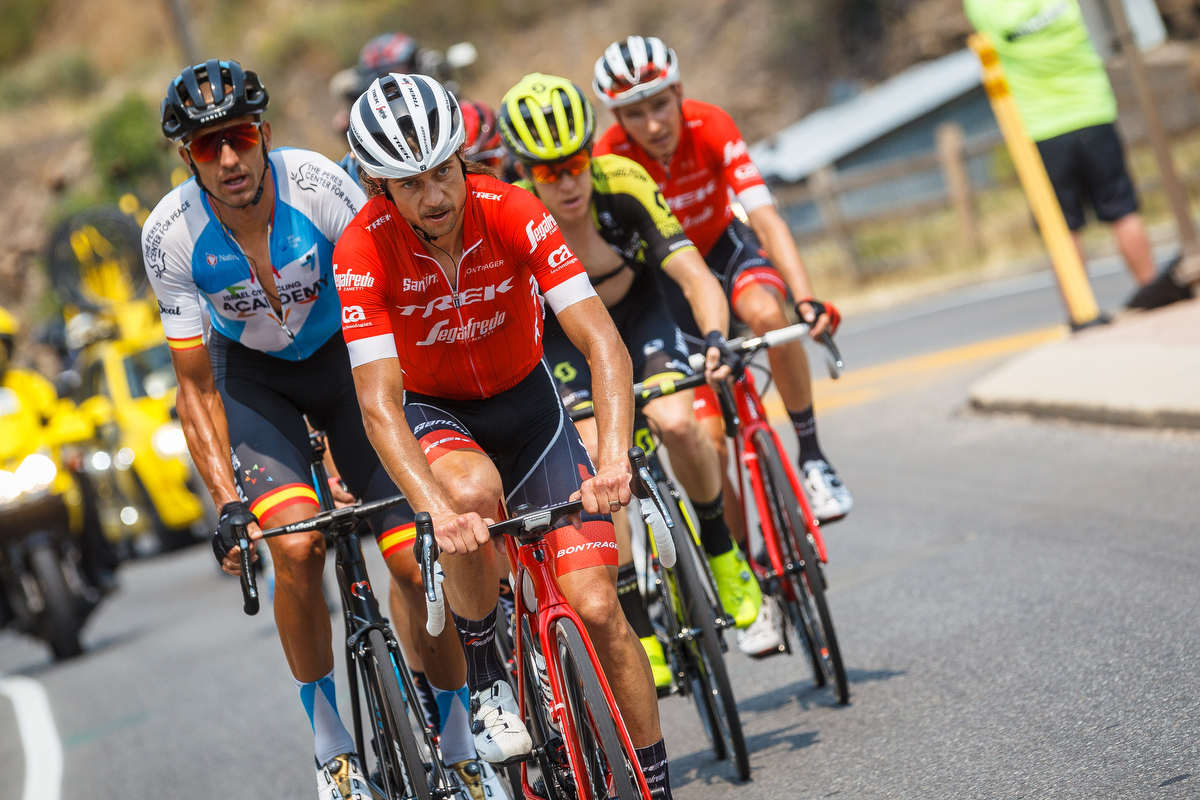
The start of the 2019 WorldTour season is just days away, with the Tour Down Under kicking off in Adelaide. In Australia, and at several other locations across the world in the coming weeks, first-year professionals will be making the daunting step up to the highest echelons of the sport and competing against the likes of Peter Sagan, Richie Porte and Elia Viviani. At the Tour Down Under we spoke to some of cycling's most experienced characters, who imparted their advice to the new crop of talent hoping to make a mark on the sport.
Thomas de Gendt (Lotto Soudal - pro since 2009)
I don't think I got any advice when I was a neo-professional, but I was in a team at the time that was virtually made up of neos at Topsport. The only advice they gave me was to show initiative and to get bottles even when I was wasn't asked. They wanted me to be aggressive in the races, because when you're a neo you see all the guys that you look up to and get in the bunch with them and have a sense of respect for them. However, in a race you can't really have too much respect for them because then you just end up losing your spot in the peloton.
I guess my advice for neo-pros would be to show respect but not too much, because you need to keep your place. I remember being thrown in at the deep end at the start of my career and doing the Classics. All the top guys were there, like Tom Boonen, and if he gave me the slightest spot I would slip back. Neos need to realise that it's each man for himself in the peloton.

Koen de Kort (Trek-Segafredo - pro since 2005)
Just try and enjoy what you're doing. I really love riding my bike now - probably more than when I first turned professional. I was really focused on getting results at the start of my career and training was just a way for me to win races. I wasn't particularly enjoying training. Now I just enjoy every moment on the bike and that makes it all a lot easier.
Apart from that, I think it's important, from an early age, to figure out what you're good at. It's nice to want to be a climber or a GC rider but at some point you're going to have to accept that it might not happen for you, and at that point you just need to accept what you're good at and where you can develop. That's the ticket to staying in the WorldTour: develop your strengths.
Heinrich Haussler (Bahrain-Merida - pro since 2005)
You've got to be a team player because it's a team sport and you'll never make it on your own. If you're winning five or six races in your first year, you'll get away with a few things but that's rare. A lot of the kids coming up now don't have a lot of respect and, to be honest, they don't really know a lot about cycling.
It's also brutal. Now it's different but I remember as a neo I was in a race and I was hanging on and another rider told me to either take a turn or to fuck off. I just laughed at him and he smashed me in the face. That's how it was there. That doesn't happen now, which is good, but the young guys do need to show respect to the older riders.
The latest race content, interviews, features, reviews and expert buying guides, direct to your inbox!

Kiel Reijnen (Trek-Segafredo - pro since 2009)
My advice would be that there's always another bike race. It's easy to stress, because every race is important, but when you've got maybe 75 days of racing a year, there are a lot of opportunities.
Early on in my career I definitely had a couple of really hard springs in Europe, and I felt like I was constantly banging my head against the wall and going nowhere. I'd head back to the US and do a block of racing with California and nationals and eventually find my legs and turn things around. I guess my advice would be to remember that a bad streak can turn around really quickly.
If I was talking to a 21-year-old Kiel, I'd probably tell him to find a better job with more security and a 410K salary, but seriously, I'd tell him that patience is required.
Marcel Sieberg (Bahrain-Merida - pro since 2007)
The best advice is just to listen to the riders and the directors and do what they ask. That's the best way to learn. I turned pro with Milram and I was doing a lot of races with Petacchi, Velo and Zabel. I'd listen to their advice when it came to sprint trains but I had to be open to what they were trying to tell me. I'd sometimes share rooms with those guys, but also spend time with them at the dinner table and those days were really important.

Tom Southam (EF Education First director - pro from 2004-2011)
Invest in yourself. If you've got a long-term goal then spend a bit of money, even when you're not earning that much money, to go on that extra training camp or whatever it is. You've got to remember that you're an independent contractor, so you've got to make those investments in yourself. I remember back in the day deciding whether or not I was going to buy a power meter. I wasn't getting paid much but, when I think back, it would have paid for itself 10 times over. That's a crude example but those things make a difference.
Mentally, you've got to think long-term. It's almost impossible because you have such short-term contracts and employment conditions. See long-term, think long-term and try to envisage that your career will be a 10 or 12-year process. When you start thinking short-term, then your career can end up being short-term too.
Robert Gesink (Jumbo-Visma - pro since 2007)
My tip would be to not overthink situations. All neo-pros are going to make mistakes and really it might take five years to become truly experienced. Even after that period you're still learning. Just don't overcomplicate things and just enjoy racing. You don't need to analyse every little detail.
When I turned pro there wasn't really an atmosphere in which the older guys passed on experience but I think that's changed a lot in the last few years. We try and teach younger riders a lot more these days. If you're just starting out, try and pick an environment where you think there are riders who will show you the ropes.

Daryl Impey (Mitchelton-Scott - pro since 2008)
Don't do stupid things in the peloton. There are a lot of younger guys who just show the older guys the middle finger. When I was a young rider, you'd keep quiet when the older guys would talk and you'd hide in the corner until you found your place.
I remember when I was a neo and I threw my food bag incorrectly. I didn't wrap it up and just threw it in the peloton. There were a lot of older pros who were calling me out on that and I sucked it up and put my hand up. Nowadays guys do that and they just show you the finger. There was more respect back then.
Matt White (Mitchelton-Scott director - pro from 1996-2007)
First and foremost, sort your living details out before you turn professional and don't leave it until the start of your first season. You'll have enough to deal with at that point so don't make the situation more stressful than it needs to be. The smart ones do this early but riders are often moving up from national teams or straight from living at home with their families.
From a racing point of view, you might be king of the kids but there are a lot of experienced people around you and it's the young guys who adapt the quickest who survive. There are a lot of neo-pros who also think that they've made it as soon as they've turned pro but they couldn't be more wrong. There are so many talented young guys who haven't developed as pros, so you've got to keep your feet on the ground.
Daniel Benson was the Editor in Chief at Cyclingnews.com between 2008 and 2022. Based in the UK, he joined the Cyclingnews team in 2008 as the site's first UK-based Managing Editor. In that time, he reported on over a dozen editions of the Tour de France, several World Championships, the Tour Down Under, Spring Classics, and the London 2012 Olympic Games. With the help of the excellent editorial team, he ran the coverage on Cyclingnews and has interviewed leading figures in the sport including UCI Presidents and Tour de France winners.
